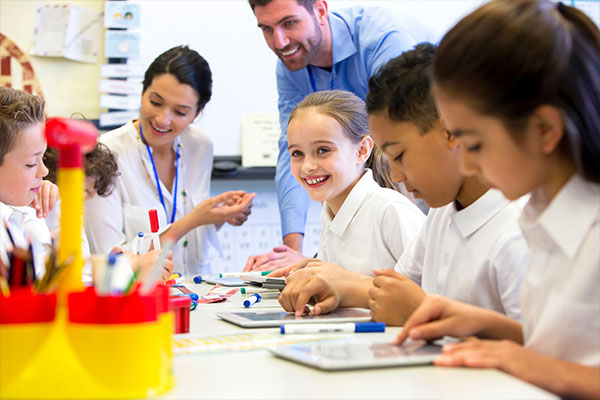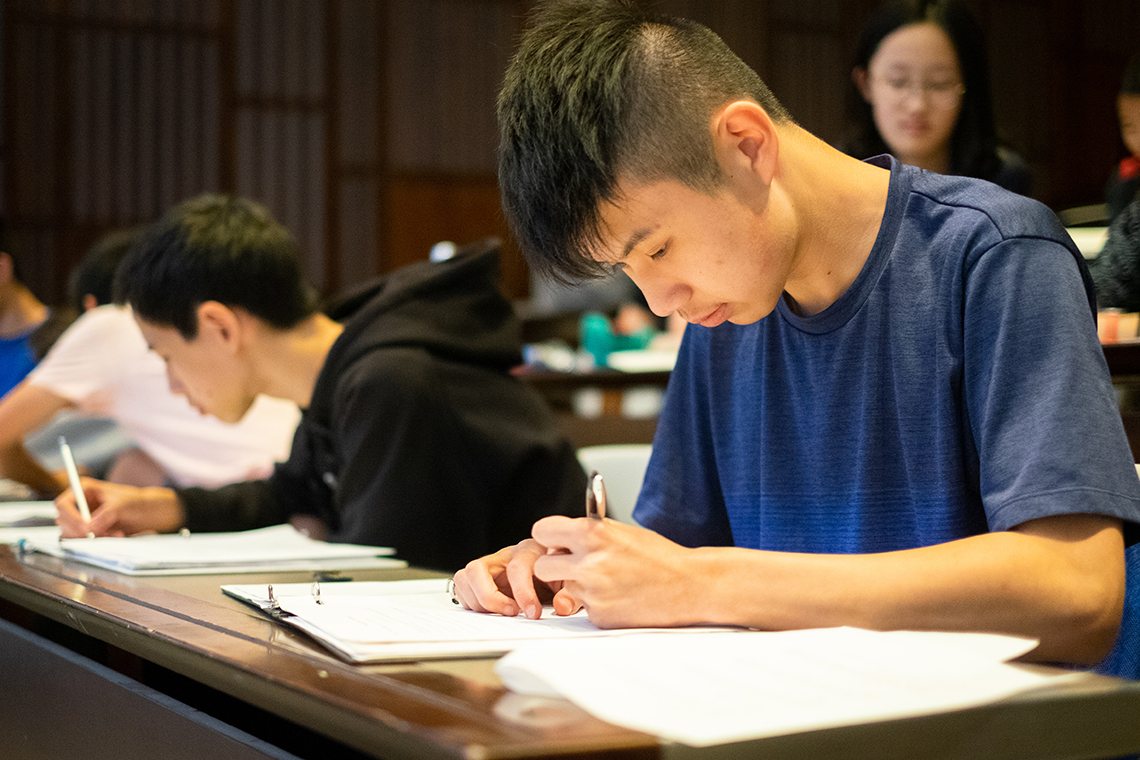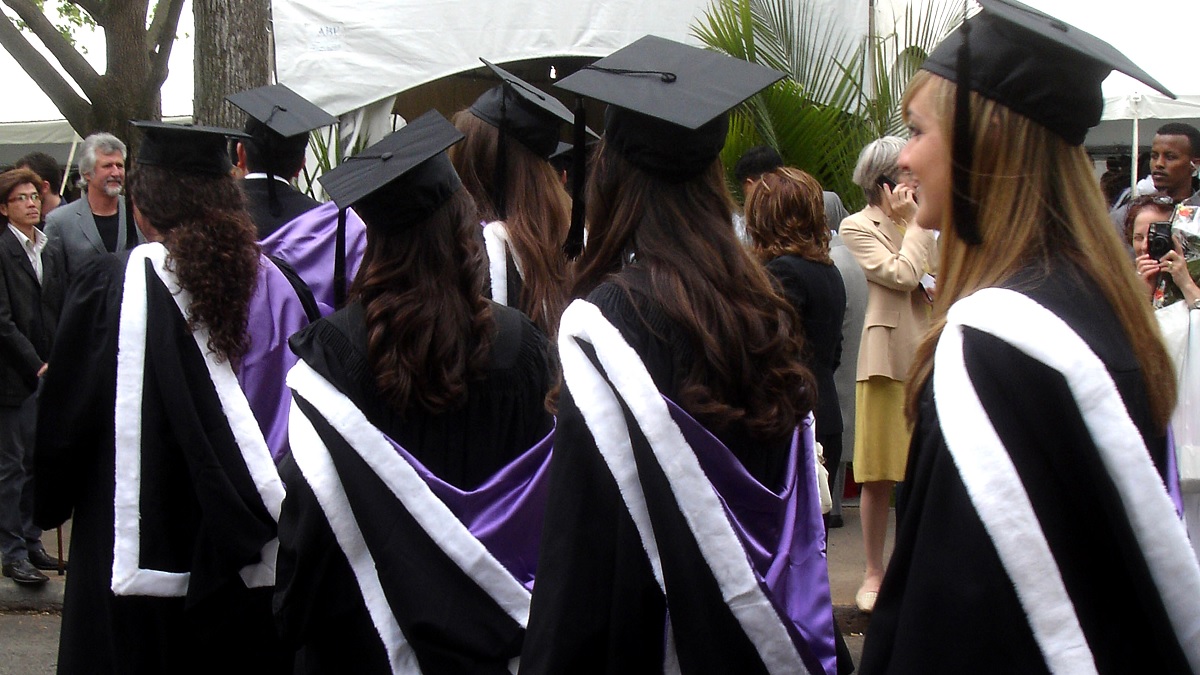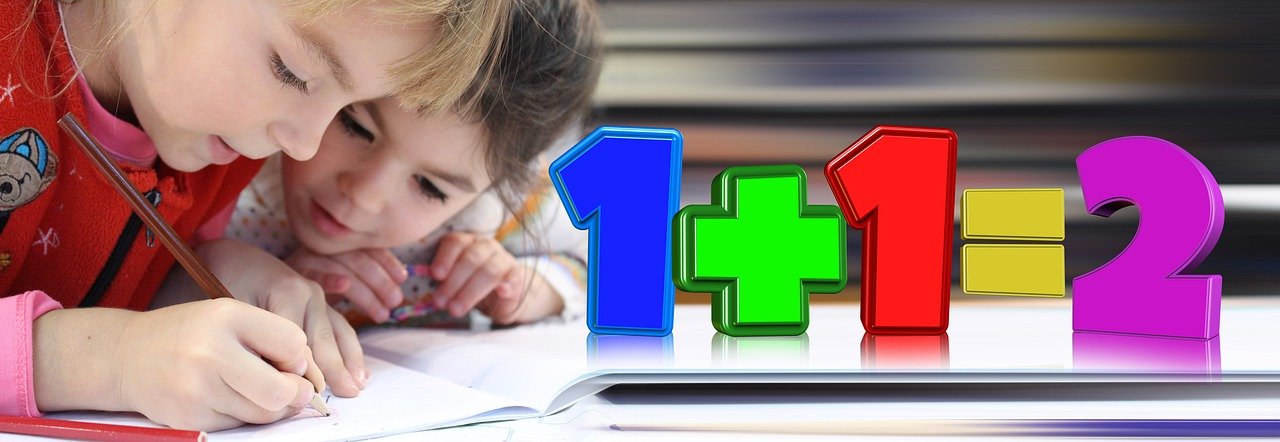Active Learning: Why it is Critical

Education, much like everything else, is in a constant stage of evolution and over the past few decades, we have made some amazing discoveries connected with learning outcomes. Thanks to educators like Rudolph Steiner, who set up the Waldorf Schools, we now know that if the learner takes an active role in the learning process, the learning outcome is optimal.
Experiential Learning
We all have experiences; every waking moment of our lives and when learning something, adopting a hands-on approach means that the learner will take on more new knowledge than if they had merely been shown a process, rather than experiencing it. Take school travel as an example; there is a lot to be learned if students have to plan their own transportation and arrange their field trips, rather than the school arranging everything. This would involve searching online for a coach company and emailing them, asking for a quotation and giving relevant details; these things are real-life learning experiences.
Study Field Trips
Whether a school retreat or any other form of sustainable travel, learning in different environments is always recommended. The teachers of several subjects get together to create a project framework, while the students are divided into groups of 3-6 and they must plan every aspect of their project, which they present to the class the following day. If, for example, it is a trip to the local zoo, each group can decide what animals they wish to learn more about, while the teacher adopts the role of facilitator, rather than instructor. Most field trips result in groups of students presenting their project to the class, which dissipates new knowledge.
Critical Thinking
It is globally accepted that active learning strategies promote critical thinking; there is no substitute for being exposed to real-life problems and in a school that practices this philosophy, the students have a lot of responsibility for their own learning outcomes. Solving problems requires thinking outside of the box, especially in groups and one thing you notice about an active learning school, is the amount of freedom and responsibility the students have.
Leadership
There are leadership expeditions that help students to discover whether or not they have leadership qualities, which could be called learning service journeys that put students in a situation when they can develop their leadership skills. There might be curriculum tours in place, which focus on the various aspects of the subjects learned and students that have leadership qualities can join the right courses where they can develop.
Most schools now operate using active learning techniques and this better equips students to deal with the modern world. Once a student reaches Year 12 of their formal education, they should be well-developed in all areas and equipped to lead a successful life with a rewarding career.







